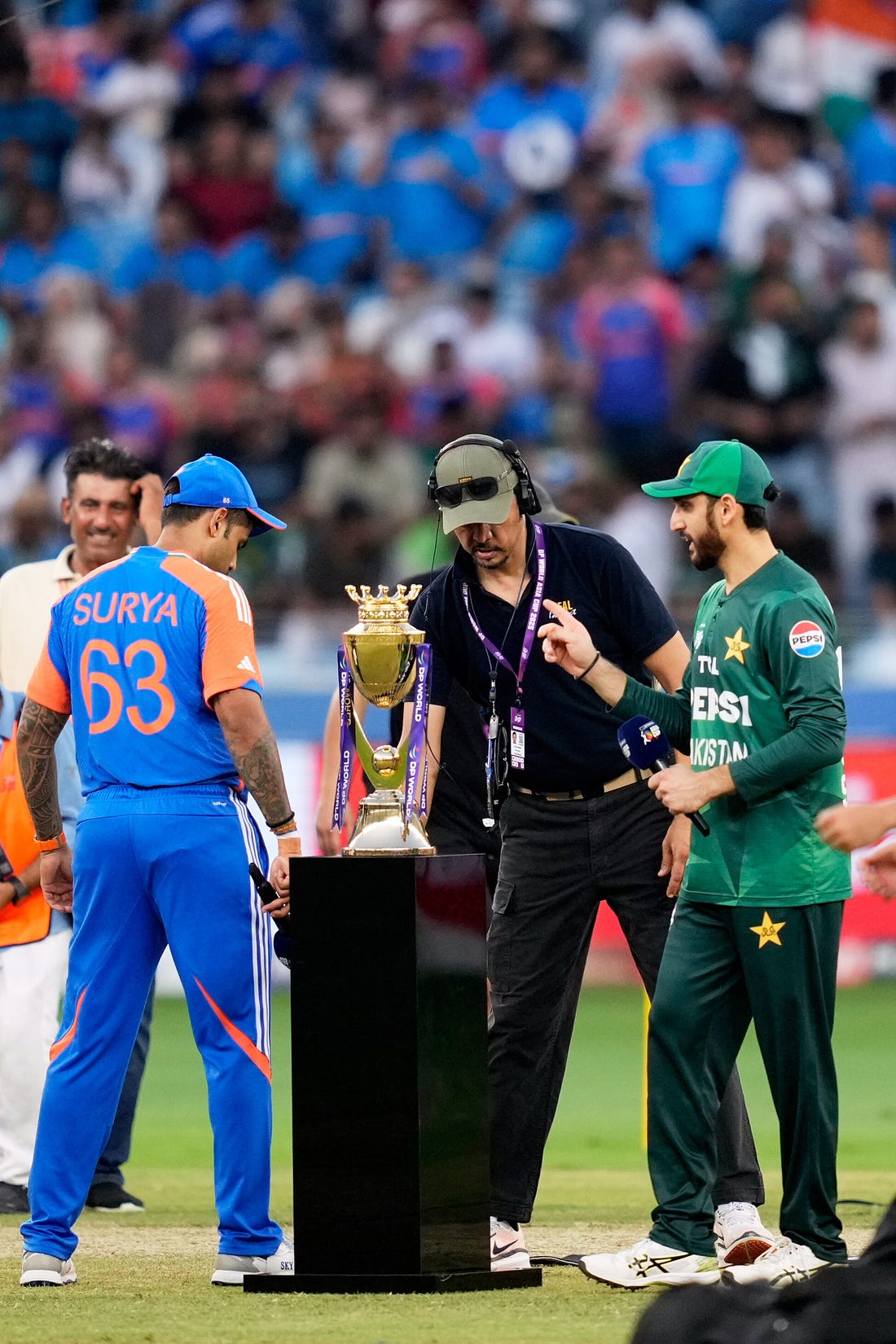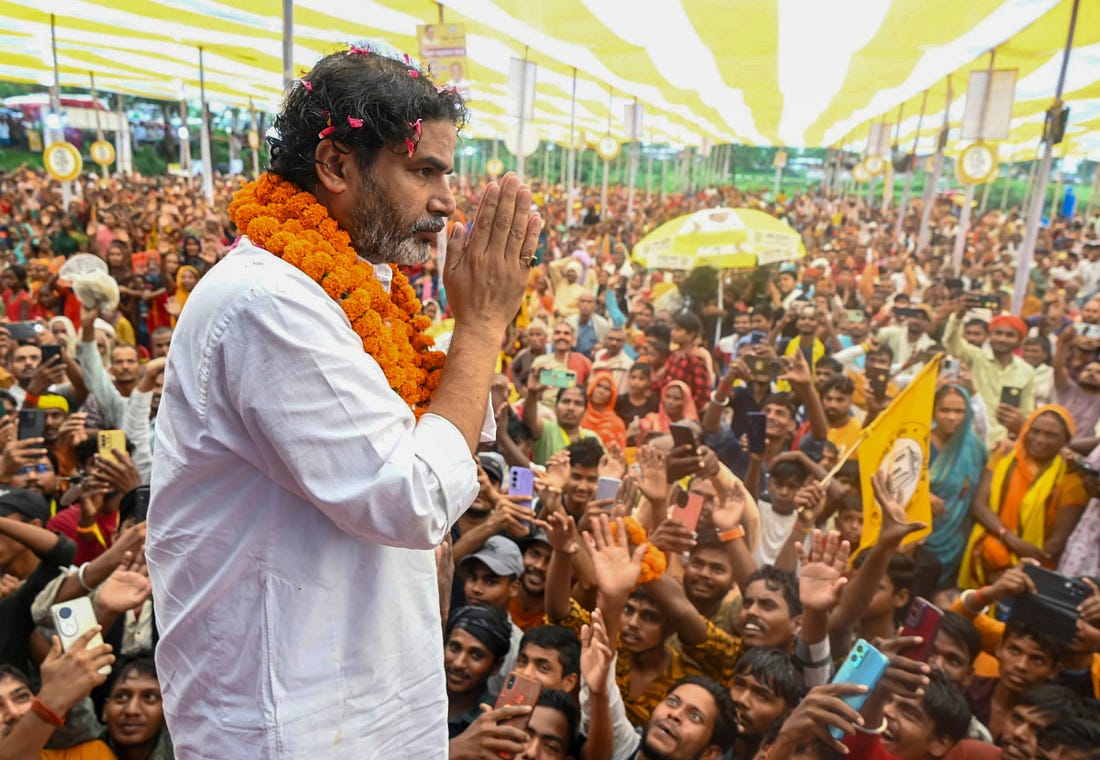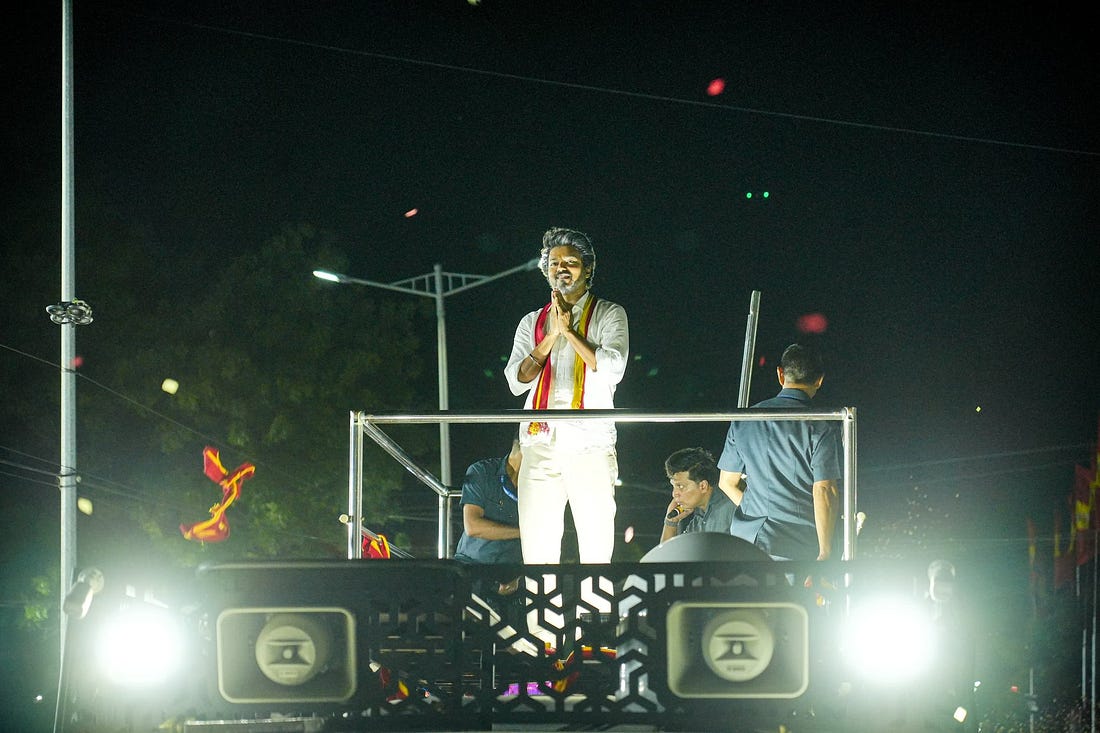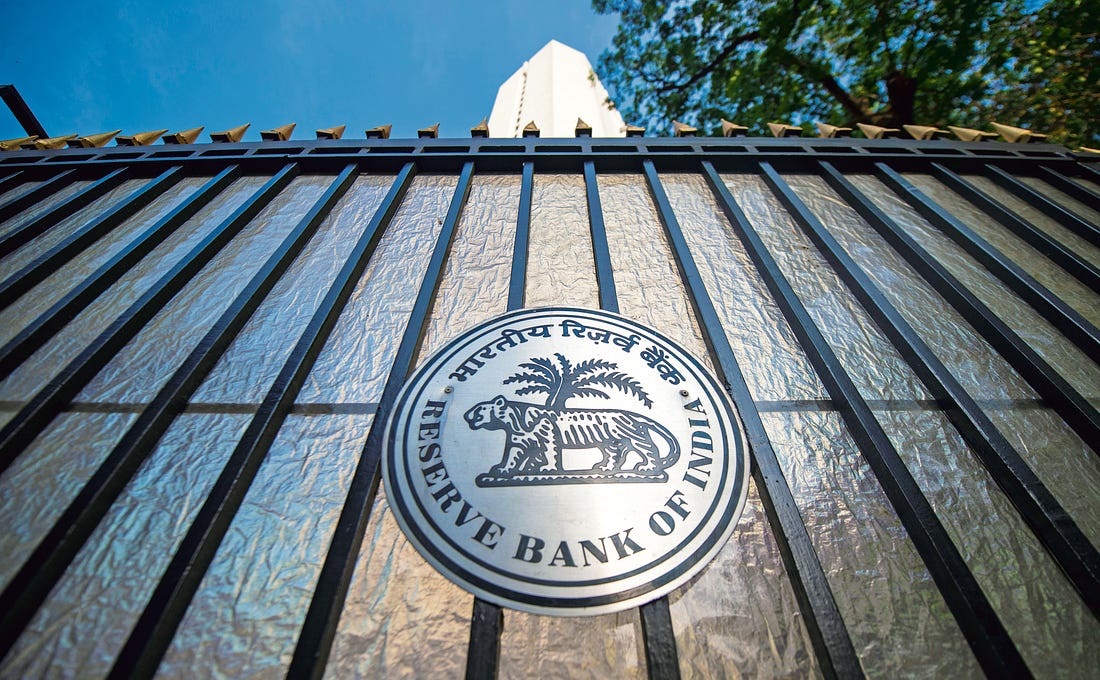What's On My Mind: Cricket, politics and crisesA weekly conversation on some topics that were on @HT_ED's mind.Good morning!Sticky wicketsThere’s been a lot of hand-wringing, and opinion-writing about the Asia Cup that India won last Sunday. I was among the majority in this country that wanted India to boycott that tournament. None of the reasons preferred by the wise men who run Indian cricket (and their millions of apologists) was convincing. There’s a school of thought (shared by some of Hindustan Times’ own columnists) that having agreed to play, India should have treated it as just a sports tournament. The argument is that “it’s just not cricket” to refuse to shake hands with your opponents. Some commentators have rued the politicisation of cricket, and wondered where it will end. But it’s a little late to be having this conversation. Cricket stopped being “just a game” when it moved out of the village green. The same is true of other sports as well (think football or rugby). Sure, there are aficionados who love cricket for cricket’s sake, and appreciate performance (no matter by whom), but today, cricket (like other sports) is big business, and it is not the aficionados who bring in the money. That comes from fans, tribes that coalesce around club- and state- (or county-) and national teams. Eighty years ago, in an essay titled The Sporting Spirit, George Orwell (who is known in these parts of the world as Bihar’s most famous son), wrote: “I am always amazed when I hear people saying that sport creates goodwill between the nations, and that if only the common peoples of the world could meet one another at football or cricket, they would have no inclination to meet on the battlefield”. Further down in the same essay he pointed out that “Nearly all the sports practised nowadays are competitive”. “You play to win, and the game has little meaning unless you do your utmost to win. On the village green, where you pick up sides and no feeling of local patriotism is involved, it is possible to play simply for the fun and exercise: but as soon as the question of prestige arises, as soon as you feel that you and some larger unit will be disgraced if you lose, the most savage combative instincts are aroused.” And he too, recognised that it was really about the fans, and about countries (for when enough people care about something, so does the nation). “But the significant thing is not the behaviour of the players but the attitude of the spectators: and, behind the spectators, of the nations who work themselves into furies over these absurd contests, and seriously believe – at any rate for short periods – that running, jumping and kicking a ball are tests of national virtue. Even a leisurely game like cricket, demanding grace rather than strength, can cause much ill-will, as we saw in the controversy over body-line bowling and over the rough tactics of the Australian team that visited England in 1921.” All of this was on display at the India -Pakistan matches in the Asia Cup (India won all three matches, suggesting that Indian captain Suryakumar Yadav was just being realistic, and not cocky, when he said that the word rivalry looks out of place when used to describe contests between the two sides). And the climax, when the Pakistani chief of the Asian Cricket Council walked away with the Cup and the Indian team’s medals (India had made it clear long before the final that should they win, they would not accept the Cup from the man who is also a habitual India-basher and a minister back in Pakistan) was in keeping with the script. Bihar’s other prodigal son“Main Bihar ka beta hoon (I am a son of Bihar)”, Prashant Kishor told our columnist Barkha Dutt recently. It is the rare election where a political start-up gets as much attention (and Press, and I guess you could include this newsletter too in the calculations) as Kishor’s Jan Suraaj has. Then, this isn’t Prashant Kishor’s first election campaign. His IPAC (famously) worked on Narendra Modi’s 2014 campaign, but has also worked for the Aam Aadmi Party, the YSRCP, the Dravida Munnetra Kazhagam, and the Trinamool Congress. It has also worked on campaigns for Nitish Kumar’s Janata Dal (United), and the Congress. To be sure, Kishor left IPAC in 2021, and no longer works on campaigns for others, but this is a man who understands Indian politics (or at least Indian elections; the two are very different), and now wants to make a difference in his home state. Can he? The only party to win its first election was the Telugu Desam (in united Andhra Pradesh) back in 1983, my colleague Roshan Kishore points out in his column, Terms of Trade. Back in 2019, when HT’s political editor was Prashant Jha, and Data and Political Economy editor was Roshan Kishore, I tried my best to get them to do a weekly podcast on politics branded the Prashant-Kishore show. It never came about, but even the fact that I thought of the name should offer some suggestion on how pervasive Prashant Kishor’s name has become in Indian politics over the past decade. Another start-up; another crisisEarly this year, there were reports that Kishor would be a special advisor to Tamilaga Vetri Kazhagam or TVK, a political party founded in 2024 by actor C Joseph Vijay (popularly referred to by only one name, Vijay). He is the latest in a long line of actors who have sought to translate cinematic appeal into political capital. Tamil Nadu’s movie (and movie-star) obsession is well-known. It is also structured — fan clubs in every neighbourhood feeding into larger city- and district-wide bodies. In Vijay’s case, for instance, the TVK was born from the All India Thalapathy Vijay Makkal Iyakkam (AITVMI), which, in turn, was formed by grouping the fan clubs. Vijay is seeking to tap the anti-incumbency against the state’s ruling Dravida Munnetra Kazhagam — internal divisions have raised questions about traditional rival AIADMK’s ability to do so — although his politics is the same as that of the two main Dravidian parties. And like the DMK’s, the TVK’s politics is also anti-BJP (the AIADMK is an ally of the BJP). The TVK’s nascent political journey has been jolted by the stampede at one of its political meetings in Karur although politics may yet provide it (and Vijay) a lifeline. All indications are that the BJP will use its considerable resources to blame lapses by the state government for the tragedy, and the TVK itself has filed a suit seeking an independent probe (that it did so almost two days before Vijay even deigned to make an appearance, in a video clip, to express regret for the incident should tell you where this script is headed). But if initial reports are any indication, the momentum that seemed to be behind Vijay — the caveat being that neither momentum nor crowded rallies has a correlation with votes — seems to have dissipated somewhat. Whither momentum?Another thing that seems to have dissipated is growth momentum in the economy. If the Reserve Bank of India’s latest monetary policy statement is any indication, the remainder of this financial year will see slower growth than was initially expected. To be sure, this comes even as the central bank revised upward its growth estimate for the entire year from the 6.5% it projected in August to 6.8% now, but much of this is on account of outperformance in the two quarters that have already passed. GDP growth in the quarter ended June was 7.8% according to government data, far higher than RBI’s initial estimate of 6.5%. RBI has now increased its growth projection for the second quarter to 7% from the previous 6.7%. As my colleague Roshan Kishore pointed out in a data analysis, the first half’s outperformance was largely the result of indexation. Dietary restrictionsI always knew food had a role to play in the climate crisis, but was unaware of the magnitude — till I read my colleague Jayashree Nandi’s report on the findings of the EAT-Lancet Commission that food systems account for almost 30% of global greenhouse gas emissions. And that changing diets (a planet-rich Planetary Healthy Diet as defined by the experts in the commission) could actually cut food systems emissions by half. RepeatI have previously — in an earlier avatar of this newsletter — written about the album The New Yorker once described as the “Ulysses of concept albums”. That was Genesis’ The Lamb Lies Down on Broadway, and the 50th anniversary expanded re-issue, just out this week (just shy of the album’s 51st anniversary because it was released in November 1974) shows why. The lyrics are self-indulgent in the way prog-rock lyrics usually are, but the music showcases a band at its prime. This is peak, prog-rock Genesis.
Till next week. Send in your bouquets and brickbats to sukumar.ranganathan@hindustantimes.com |







